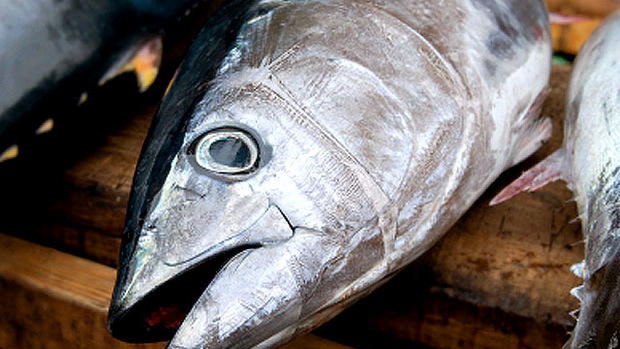Norovirus outbreak strikes Rider University in N.J., 40 hospitalized
(CBS) A norovirus outbreak has struck Rider University in Lawrenceville, New Jersey, The Star-Ledger reported. Approximately 40 students were sent to the hospital late Wednesday night for treatment.
PICTURES: 10 foods most likely to make you sick
Most of these students have been discharged from the hospital and returned to campus, according to a university written statement. Authorities suspect the outbreak may have originated last week at nearby Princeton University, and have alerted neighboring schools.
The school has about 4,700 undergraduates on campus, and classes were not cancelled. The university has instructed its food service and cleaning vendors to take necessary precautions and clean high-risk areas on campus.
Noroviruses, sometimes associated with cruise ship illness outbreaks, spread easily and infect more than 20 million people each year, according to the CDC. The virus causes over 70,000 hospitalizations and 800 deaths in the U.S. each year.
The illness often begins suddenly, with a person experiencing stomach cramping, vomiting, or diarrhea. Less common symptoms include low-grade fever, chills, headache, muscle aches, and fatigue. Most people recover within one or two days.
The virus is found in stools and vomit of infected people, so people that unknowingly get either on their hands can spread it to others through direct contact, or indirect contact by touching food and surfaces.
There's no vaccine, or no way to treat it besides drinking fluids to prevent dehydration, so prevention is key. The CDC recommends' to stop the spread of norovirus:
- Wash your hands carefully with soap and water
- Carefully wash fruits and vegetables before eating
- Cook oysters and other shellfish thoroughly before eating. These two foods are commonly involved in norovirus outbreaks, but technically any food can spread the disease if an infected person touches it.
- If infected, immediately clean and disinfect surfaces or clothing
If you have norovirus or are experiencing symptoms, do not prepare food for a full three days after you recover, since the illness can still be contagious during that time.
The CDC has more on norovirus.

